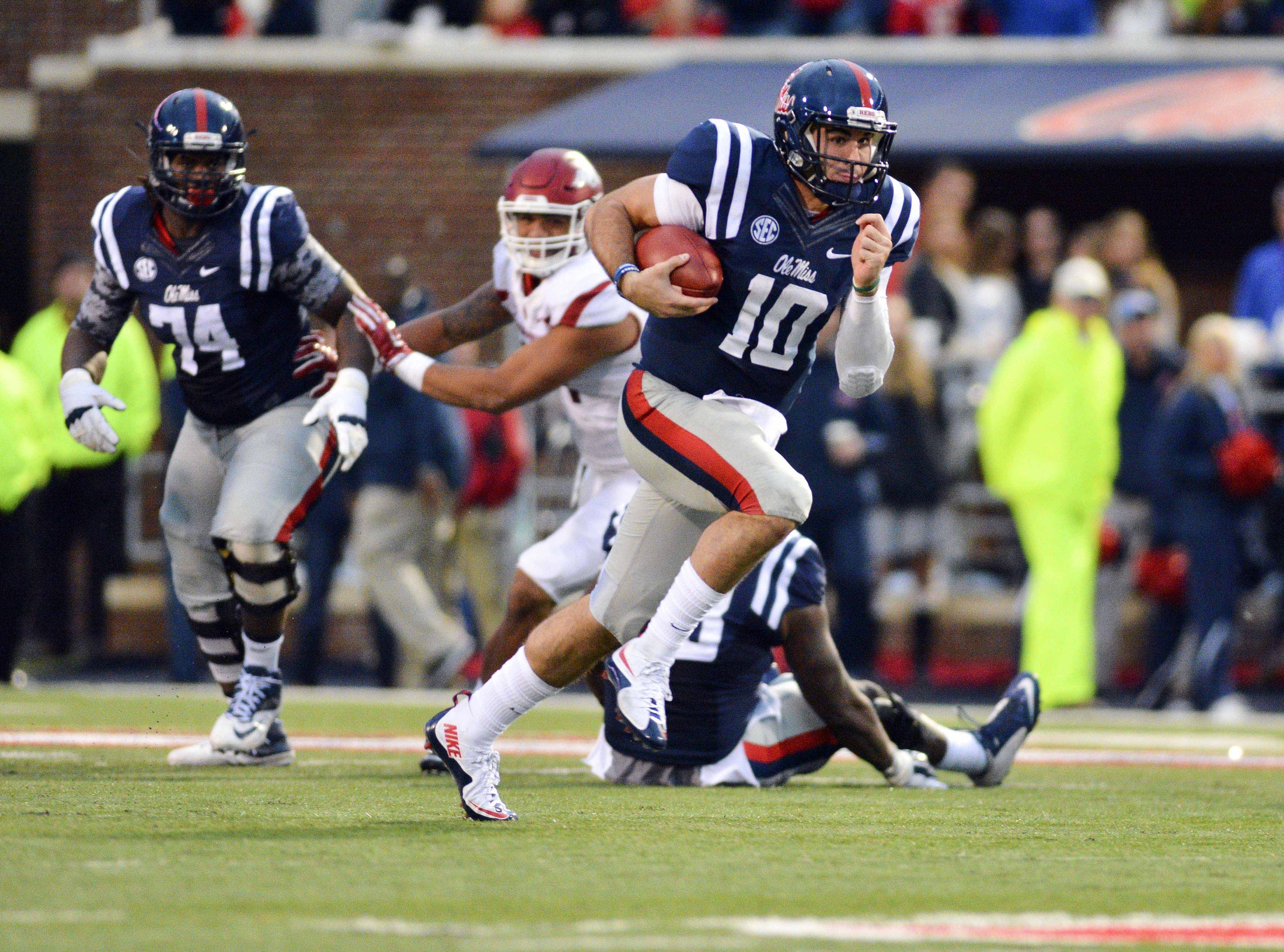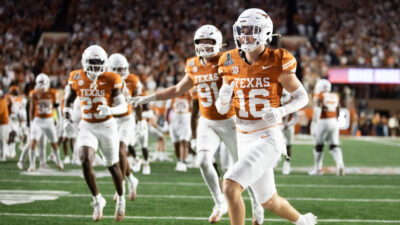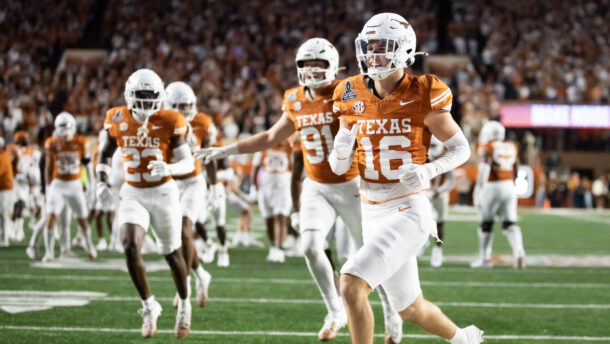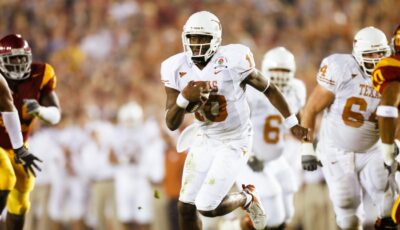
Freezing out the conventional wisdom: Ole Miss coach made the right call
By John Brasier
Published:
What was Hugh Freeze doing?
Fourth down. Ball at midfield. Sixteen seconds left in regulation time. Tie game.
Conventional wisdom says punt the ball. The home crowd says punt the ball. The broadcasters say punt the ball.
Try to win the game in overtime, they say. Don’t risk giving Arkansas the ball at midfield with enough time to throw one pass and perhaps kick a game-winning field goal.
But Freeze decides to keep his offense on the field and go for a first down.
Sportswriters and armchair quarterbacks are ready to pounce on the Ole Miss coach if the decision either backfires or doesn’t pay off. If the Rebels lose, their realistic chances of winning an SEC title for the first time in 52 years are gone.
What was the coach doing?
Simple. He was playing the odds. Giving the Rebels the best chance to win. They had more time — a better chance to win — than they would give Arkansas if the play didn’t succeed.
Plus, Ole Miss had the wind at its back. And a better kicker. The Rebels’ Gary Wunderlich has made six straight field-goal attempts and is 15 for 18 on the season. Prior to making a 45-yarder earlier in the game, Razorbacks freshman Cole Hedlund’s longest attempts on the season had been from 37 and 41 yards — and he missed both.
Why were so many people critical of the decision? Freeze was prepared to defend his reasoning.
“It’s funny to me. There’s a lot of people that want to take issue with those things,” Freeze said after the game. “We’re 20 yards from kicking a game-winning field goal with the wind. Feeling pretty good that we can get the six yards at midfield. They had to have a field goal, and they had to kick it into the wind. They haven’t had a field goal all year, I believe, longer than 30 yards.
“Obviously you can be criticized either way. With the game going like it was and not knowing who would win the toss in overtime and we have a chance to possibly end it there, it’s the same scenario at the end of the first half. Based on what they’ve done this year and their field goal until into the wind, they’d have to have a pretty big play to get that accomplished. I felt at that point, the best thing for us to do is try to win the game.”
Freeze made the right decision.
Yes, it almost backfired. Arkansas stopped the Rebels’ fourth-down play. Then the Razorbacks hit a pass, setting up a 47-yard field-goal attempt. But it was blocked — perhaps in part because Hedlund booted the ball on a low trajectory to get the needed distance into the wind.
If you’re a college football fan, you know the rest of the story. With the help of a backwards ‘Hail Mary,’ Arkansas won 53-52 in overtime.
Need more convincing Freeze made the right call?
Let’s look at the situation. The ball is at midfield — an advantage to neither team. Ole Miss has the ball and time for at least two plays, plus a field-goal attempt. Arkansas, if its defense holds, likely would have time for only one downfield play, plus a field goal.
As Freeze explained, why not let your offense try to win the game? As Michigan’s Jim Harbaugh knows, punts aren’t always successful. Long snaps can be botched and punts can be blocked.
Both teams have about the same odds of making a first down from midfield. Ole Miss has Chad Kelly and Laquon Treadwell. Arkansas has Brandon Allen and Hunter Henry. But Ole Miss has more time for offensive plays, if it converts the pass.
The Rebels had the advantage. They correctly tried to use it. With 45 points already on the board, the Ole Miss offense was clearly clicking.
Besides, if the Rebels can’t make a first down, why assume Arkansas will?
Bottom line: Overtime is close to a 50-50 proposition, favoring the team that wins the coin flip. Ole Miss clearly has the better opportunity to score in the final 16 seconds of regulation time.







